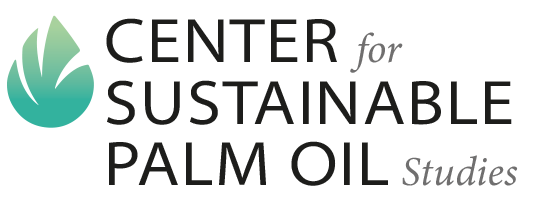
The recent block on palm oil imports from Malaysian producer FGV
holdings by US Customs and Border Protection (CBP) has not only been
ineffective, but is more likely to worsen the plight of the
smallholder farmers who have been badly hit by the measures.
That block was put in place in response to investigations of labor
rights violations by the CBP, Associated Press, NGOs and other
agencies.
The biggest problem is that this is an approach that is unlikely to
lend support to the important progress that is being made in Malaysia
on labor rights, and sets a precedent that sees boycotts as the
principle solution – when boycotts could have devastating
environmental consequences.
That’s why the National Association of Smallholders Malaysia (NASH)
slammed the US government decision as a “reckless act” that will have
a “negative impact” on over 100,000 smallholder farmers working on FGV
plantations. By hitting the incomes of smallholder farmers, the impact
of the block is more likely to squeeze Malaysia further during the
hard times of the pandemic. The palm oil industry has already suffered
greatly. The irony is that putting further pressure on existing
producers is more likely to incentivize them to cut labour costs.
Part of the problem is that many of the allegations made by the CPB
trace back to problems that had been identified as long ago as five
years ago. While there can be no doubt that some violations are going
on, the CPB’s assessment fails to account for the fact that since the
initial allegations of labor rights violations came to light in 2015,
Malaysia has made real progress on improving standards across the
industry under its new sustainability certification standard, Malaysia
Sustainable Palm Oil (MSPO).
This has even received international recognition. The Government of
the Netherlands, for instance, notes that MSPO’s standards “can help
to minimize the negative impact of palm oil cultivation on the
environment and communities in palm oil-producing regions”, through a
set of stringent “environmental and social criteria which companies
must comply with.” These include “fair treatment of workers according
to local and international labour rights standards.”
The Malaysian government has made rapid progress since 2015 in scaling
up MSPO across the palm oil industry. As of September, some 89% of
plantations were certified under MSPO.
MSPO works not under threats of boycotts, but because the Malaysian
government has made the scheme mandatory and legally enforceable. The
scheme operates fluidly, with NGOs and other actors monitoring the
satellite data published by the Malaysian government, notifying
producers of violations, who then respond rapidly. This has resulted
in a steady reduction of the rate of deforestation every year, for the
last three years.
The upshot is that engagement, even if it is as a critical friend,
works better than boycotts – which tend not to generate the desired
results. In fact, scientists warn that blocking palm oil imports is
only likely to worsen our environmental challenges. Because palm oil
uses less land than other oilseeds, the more palm oil is pushed out of
markets, the greater quantities of land for these other oilseeds is
required – driving greater rates of deforestation, and in turn,
worsening climate change. This would also, by extension, potentially
drive greater degrees of labor rights violations.
For the next administration, a rethink of the current approach could
result in a more effective strategy. Instead of simply implementing a
block, the US government should strategically engage Malaysian
producers to provide them with support and incentives for compliance
with labor standards. And instead of a long slow process of
allegations accumulating over years, resulting in belated but
ineffective action that tends to disempower vulnerable farmers, the US
government should create a far more rapid procedure that can work in
partnership with Malaysian authorities – who have already made clear
that they take such allegations seriously and are working on taking
all necessary action to put an end to continued labor rights
violations.
By seeing the Malaysian authorities as a willing partner, the US can
work more closely with them to put an end to labor exploitation in the
industry once and for all – a goal shared by both the Malaysian and US
governments.
By Maurizio Geri


